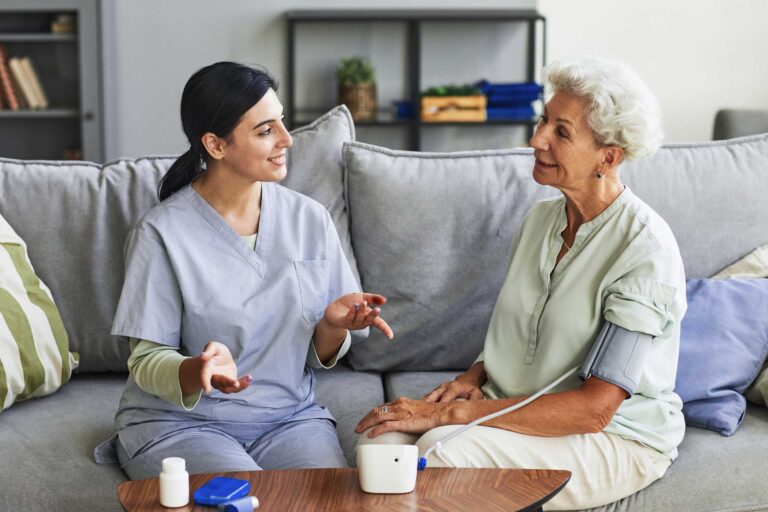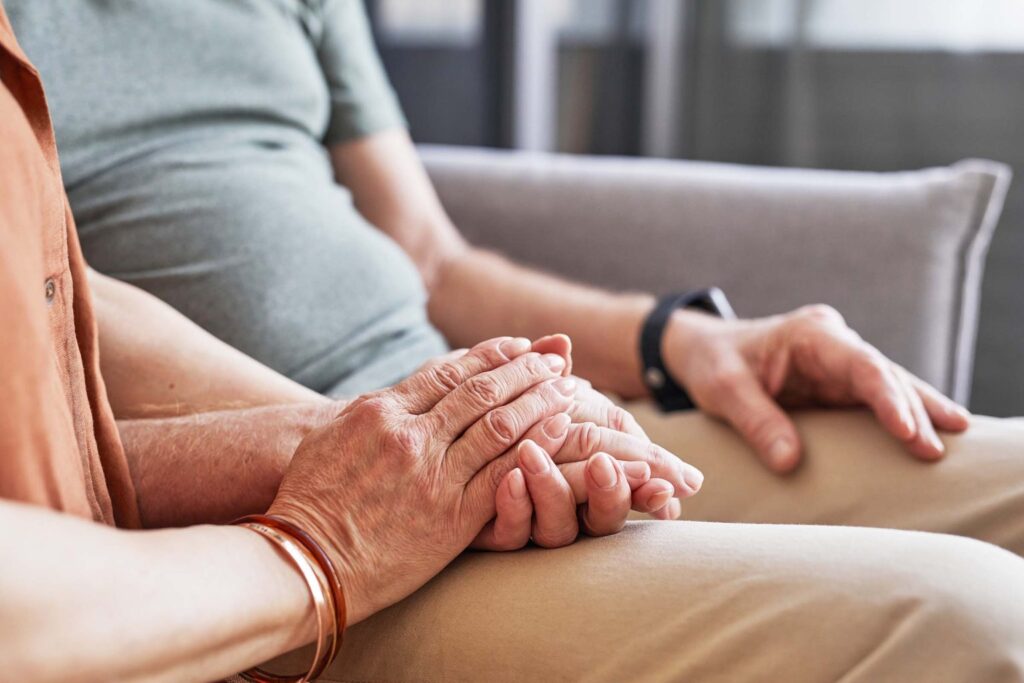Blood Pressures in Elderly People
Managing Blood Pressure in the Elderly
Effective management of blood pressure in elderly individuals involves a combination of lifestyle modifications, medication management, and regular monitoring. Key strategies include:.
As individuals age, their health needs evolve, and one critical aspect to monitor is blood pressure. Elderly individuals, in particular, often face unique challenges regarding blood pressure regulation. In this comprehensive guide, we’ll explore the nuances of blood pressure management in the elderly and provide valuable insights into promoting cardiovascular health in this demographic.
Age-Related Changes and Blood Pressure
Aging brings about significant physiological changes that can affect blood pressure regulation. One key factor is the stiffening of arteries, which occurs naturally over time. This arterial stiffness can lead to increased blood pressure levels, putting elderly individuals at a higher risk of hypertension and its associated complications.
Understanding Blood Pressure Readings
When monitoring blood pressure in elderly individuals, it’s essential to understand what constitutes normal, elevated, and high blood pressure readings. The following classifications are typically used:
Normal: Blood pressure readings below 120/80 mm Hg are considered normal for adults of any age.
Elevated: Blood pressure readings between 120-129 mm Hg systolic and less than 80 mm Hg diastolic are classified as elevated.
Hypertension Stage 1: Blood pressure readings ranging from 130-139 mm Hg systolic or 80-89 mm Hg diastolic indicate stage 1 hypertension.
Hypertension Stage 2: Blood pressure readings of 140 mm Hg systolic or higher, or 90 mm Hg diastolic or higher, indicate stage 2 hypertension


Conclusion
In conclusion, understanding blood pressure management in elderly individuals is essential for promoting cardiovascular health and overall well-being. By recognizing age-related changes, identifying risk factors, and implementing effective management strategies, healthcare providers and caregivers can help elderly individuals maintain optimal blood pressure levels and reduce the risk of hypertension-related complications. With proper support and guidance, elderly individuals can enjoy a higher quality of life and better health outcomes in their later years.




